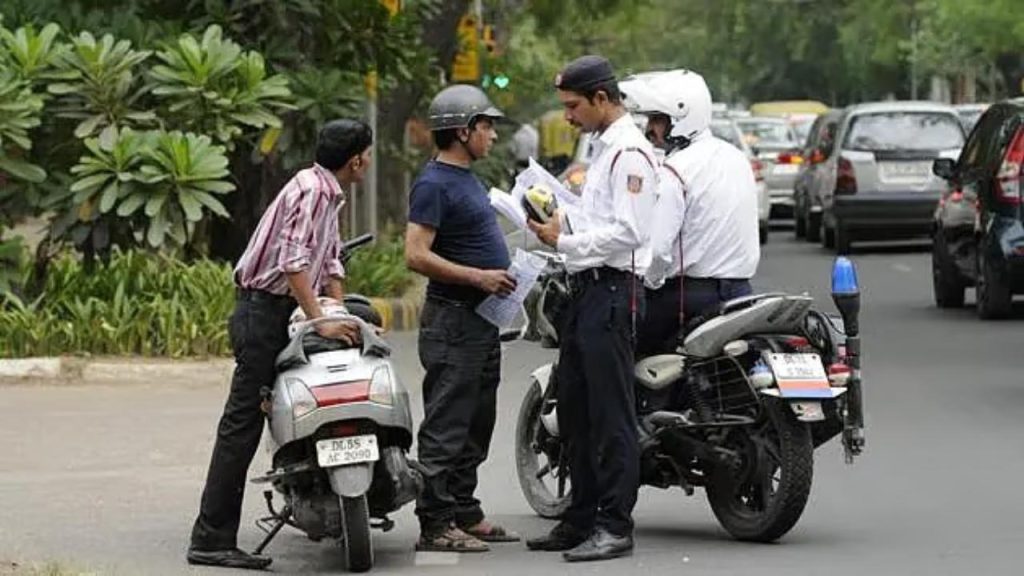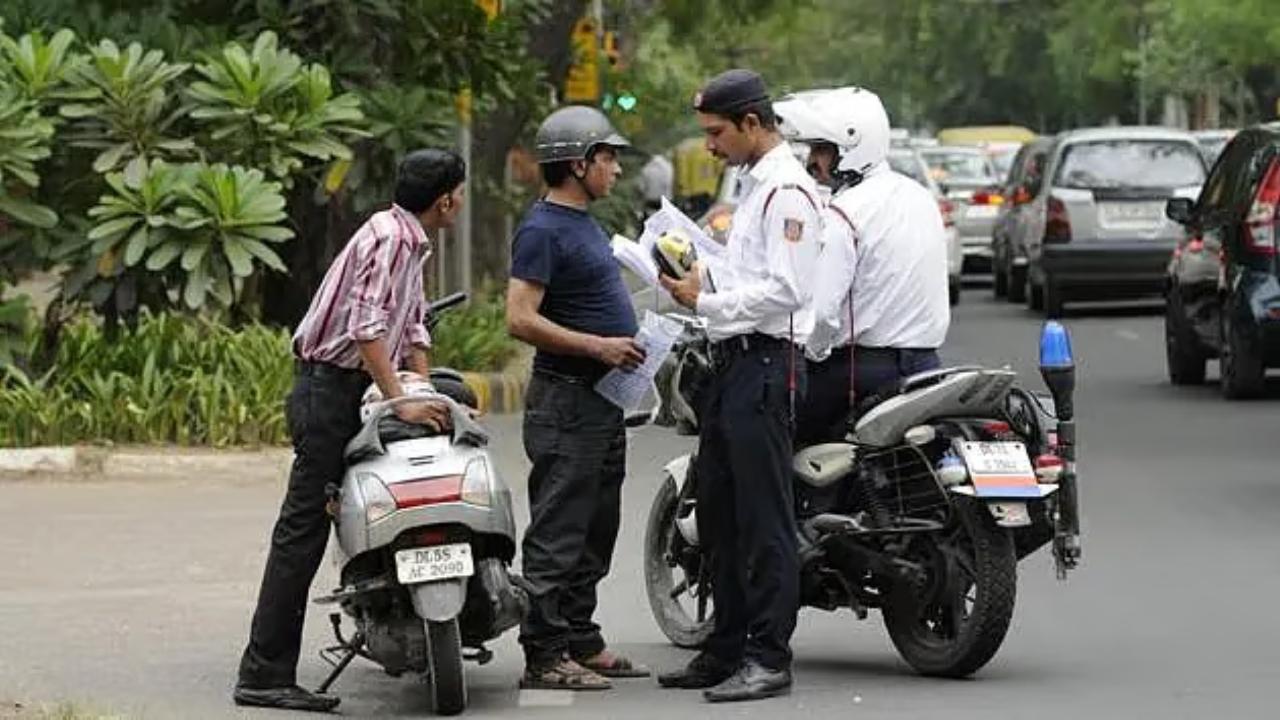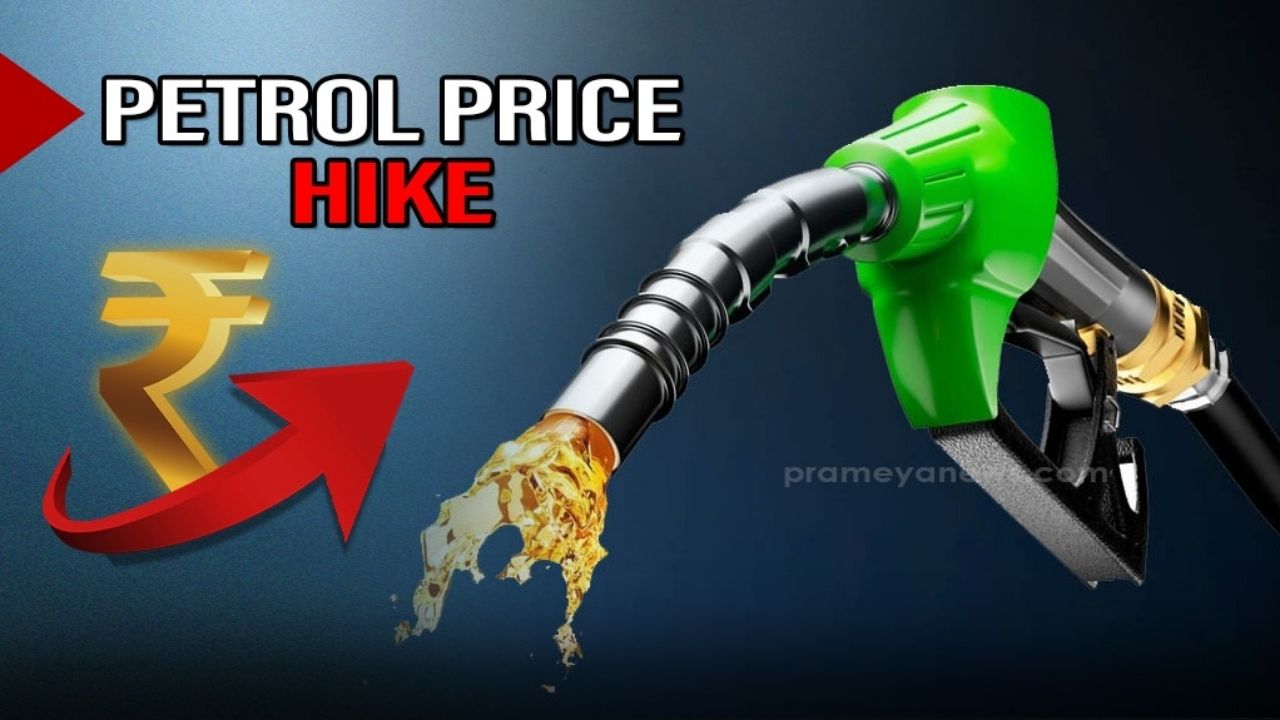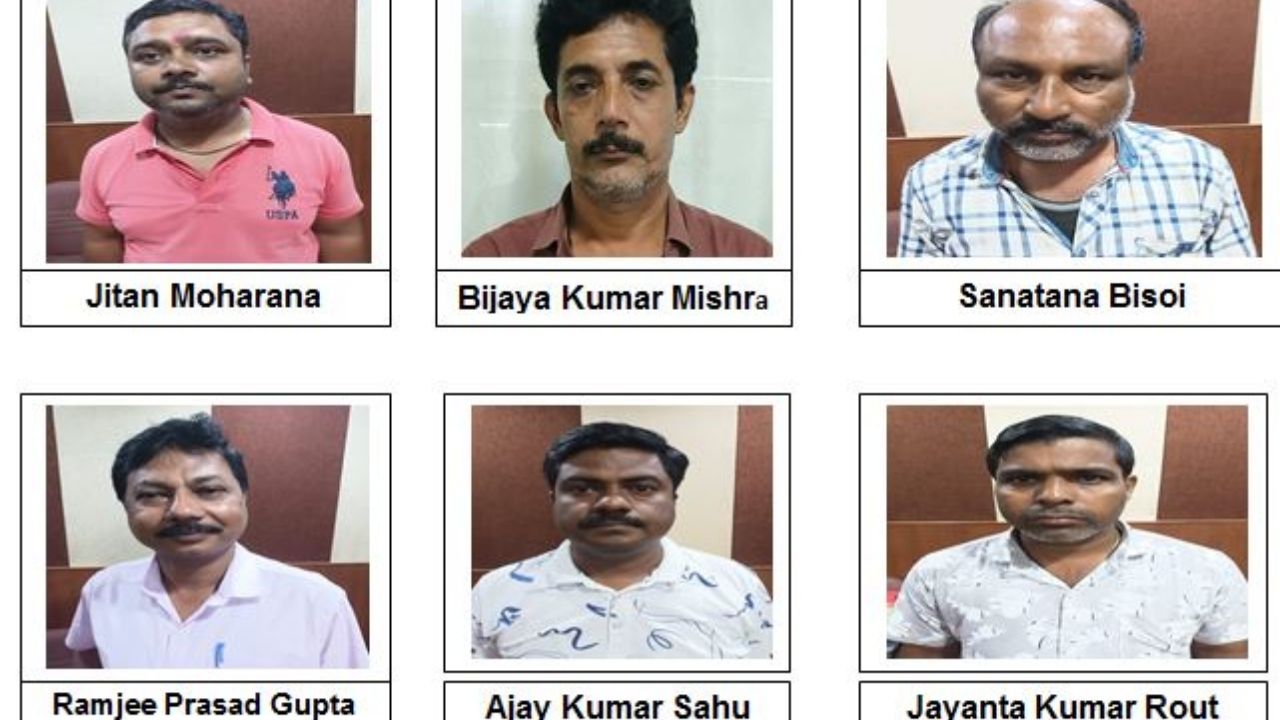The Government of Odisha has introduced a significant relief measure for motorists, announcing a one-time settlement for pending e-challans in Odisha. This limited-period scheme offers substantial discounts on fines for traffic violations, aiming to clear a massive backlog of unpaid penalties and encourage legal compliance among vehicle owners across the state.

The initiative, launched by the state’s Commerce & Transport Department, is expected to benefit lakhs of vehicle owners who have accumulated penalties for various traffic offences. According to official statements, the scheme is designed as both a financial relief measure for the public and a pragmatic solution to manage the state’s growing volume of unresolved traffic cases.
Details of the Settlement Scheme
Under the new directive, vehicle owners can clear their outstanding challans issued before a specified cut-off date with a significant waiver. The discount structure is designed to be straightforward, providing a waiver of approximately 60-70% on the compounded fine amount.
“The primary objective is to provide a final opportunity for defaulters to clear their long-pending challan dues,” said Usha Padhee, Principal Secretary of the Commerce & Transport Department, in a press statement. “We believe this will help in closing a large number of pending cases and will update our records, ensuring better enforcement in the future.”
The settlement window will be open for a period of three months, starting from this week. Officials have clarified that this is a one-time opportunity, and stringent measures will be taken against violators who fail to settle their dues after the scheme concludes.
Addressing the Mounting Backlog of Traffic Violation Fines
The decision comes in response to the staggering number of unpaid e-challans that have accumulated over the past few years. According to data released by the State Transport Authority (STA), over 2 crore traffic violation cases are currently pending, amounting to crores of rupees in unpaid fines.
This backlog has placed a considerable administrative burden on the Odisha transport department and the judicial system. The surge in challans is largely attributed to the expanded network of CCTV cameras and Automatic Number Plate Recognition (ANPR) systems installed across major cities and highways in the state, which has significantly improved violation detection.
How to Avail the One-Time Settlement for Pending E-Challans in Odisha
The government has streamlined the process to ensure it is accessible and user-friendly for all citizens. Motorists can check for pending challans and make payments through digital channels, avoiding the need to visit government offices.
Steps to Settle Pending Challans:
- Visit the Official Portal: Vehicle owners can log on to the official e-challan website powered by the Ministry of Road Transport and Highways (parivahan.gov.in).
- Enter Vehicle Details: Users need to enter their vehicle registration number, chassis number, or driving licence number to view all pending challans against their name or vehicle.
- Utilise the Settlement Option: The portal will display the original fine amount and the discounted settlement amount. Users can select the challans they wish to pay.
- Complete the Payment: Payment can be made securely online using various options, including debit cards, credit cards, and UPI.
Payment Through the Virtual Court System
Alternatively, cases that have been forwarded to the judiciary can be settled through the virtual court system. Litigants can visit the official virtual court portal (vcourts.gov.in), select their state and challan details, and pay the resolved amount online. This system is designed to dispose of a large volume of traffic cases without requiring the physical presence of the violator in court.
Boost to Local Governance: Odisha Expands Spending Powers of BDOs, Engineers
Empowering Odisha’s Tribal Communities: Digital India Reaches Remote Villages
BJD Chief Calls Bhubaneswar Metro Scrapping a Setback for City’s Development
Official Rationale and Expected Impact
Officials hope the scheme will have a twofold impact: recovering a portion of the long-overdue revenue and fostering a renewed sense of traffic discipline. By clearing their records, vehicle owners can avoid future complications, such as issues with obtaining fitness certificates, transferring vehicle ownership, or renewing insurance.
“Compliance is not just about penalising; it is also about enabling and encouraging,” stated an official from the STA. “This scheme provides a clean slate. Post this period, our enforcement against repeat offenders and non-compliant vehicles will be more rigorous.” The move is seen as a necessary step to unclog the system before moving towards even stricter enforcement protocols, including potential suspension of driving licences for habitual offenders.
The scheme offers a practical solution to a complex administrative challenge. By providing a time-bound window with clear financial incentives, the Odisha government aims to effectively manage its traffic enforcement records while offering tangible relief to its citizens.





